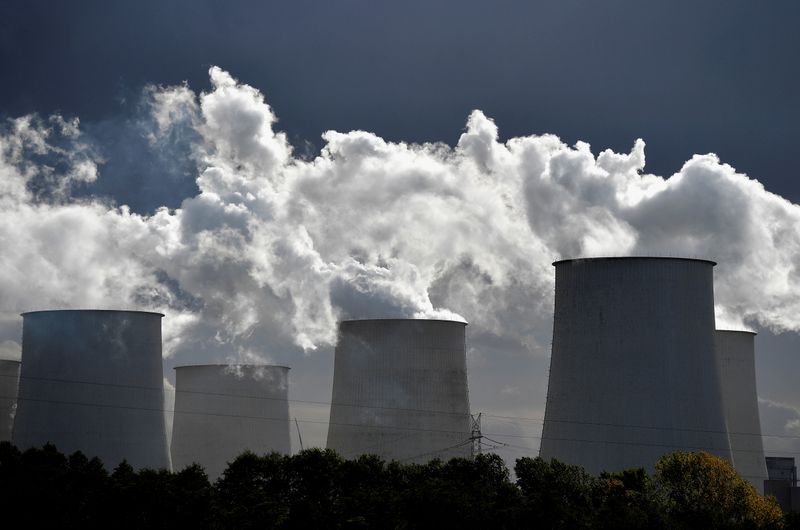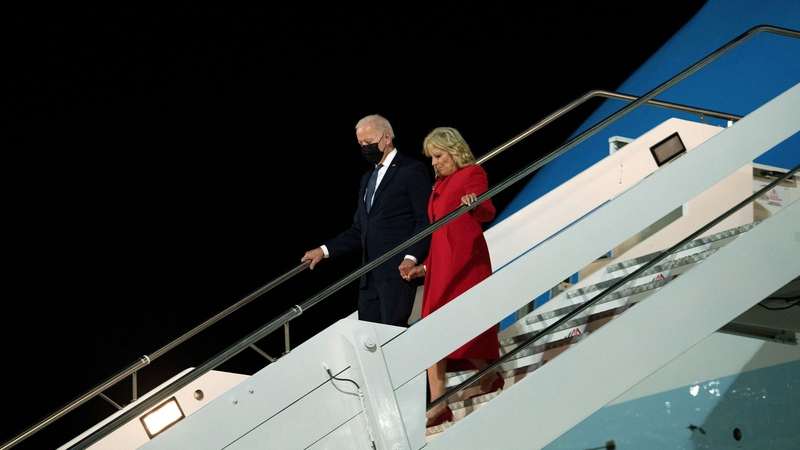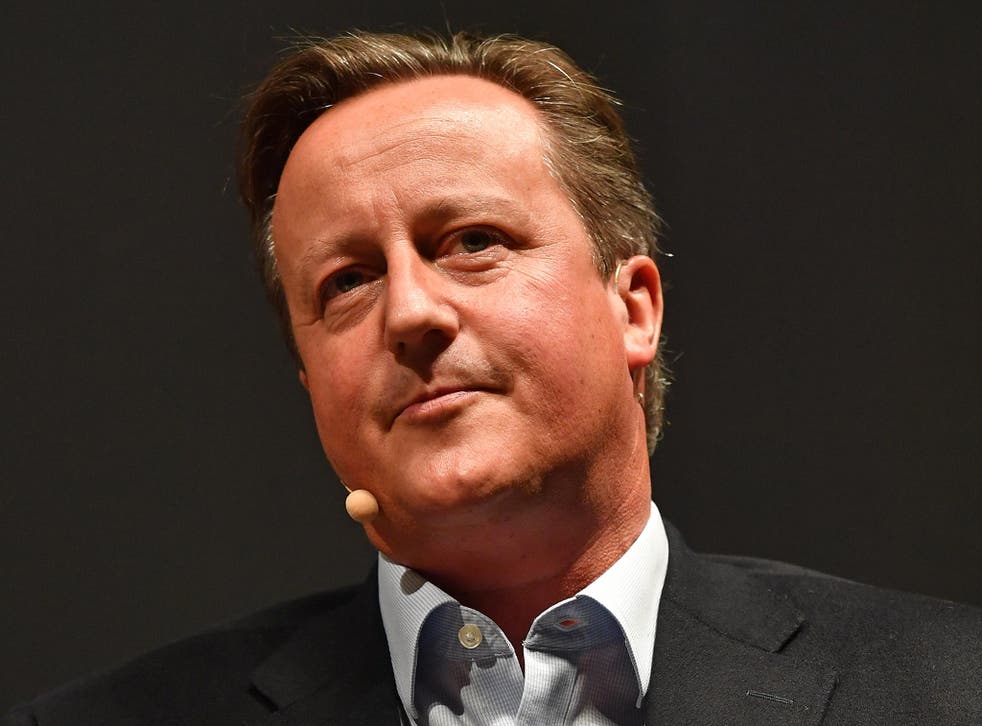US Supreme Court to review lower court’s dismissal of Trump-era power plant GHG rule

The US Supreme Court agreed on 29 October to review a lower court ruling earlier in 2021 that rejected a signature Trump administration regulation that curbed power plant releases of GHGs.
The review was sought in April by a 19-state coalition led by West Virginia, which challenged the US Court of Appeals for the District of Columbia Circuit's decision in January to vacate and remand the 2019 Affordable Clean Energy Rule (ACE) for a rewrite.
The appeals court said the US Environmental Protection Agency (EPA) under President Donald Trump misconstrued a provision of the Clean Air Act, the nation's key air pollution law, thereby illegally restricting the measures that could be imposed to curb power plant GHGs.
In their 29 April petition, the states argued the circuit court, through its ruling, gave EPA, the federal agency charged with regulating GHGs and other air pollutants, "unbridled power" to decarbonize any sector of the economy including factories and power plants, as well as the millions of homes and small businesses that use natural gas for heating.
In petitioning the highest court in the land, West Virginia Attorney General Patrick Morrissey contended that the lower court "inappropriately" interpreted Section 111 of the Clean Air Act as "authorizing EPA to sidestep Congress to exercise broad regulatory power that would radically transform the nation's energy grid and force states to fundamentally shift their energy portfolios away from coal-fired generation."
Morrissey said the Supreme Court's decision to accept the case marks the "most consequential victory" since he was able to persuade the court to stay the Obama-era Clean Power Plan in February 2016 before it even took effect.
EPA has yet to rewrite ACE since it was remanded to the agency. EPA Administrator Michael Regan has stated publicly that the court ruling allowed the agency to take a fresh look at the regulation. Following the Supreme Court's action, Regan tweeted out that power plant carbon pollution hurts families and communities, and threatens businesses and workers, while noting that "the courts have repeatedly upheld EPA's authority to regulate dangerous power plant carbon pollution."
Released in 2019, ACE replaced the Obama administration's more stringent 2015 Clean Power Plan—which set the first CO2 limits for existing coal-fired power plants—with standards based on a list of technologies that EPA identified for upgrading plant equipment and improving operations. The ACE rule did not set a numerical standard for power plants.
In contrast, the Clean Power Plan imposed a numerical limit on carbon emissions for coal-fired plants, while offering flexibility to meet this limit through energy efficiency improvements as well as by trading carbon offsets and fuel switching.
The West Virginia petition was backed by the National Mining Association and a trade group by the name of America Power that represents plants generating electricity from coal. The cities of Boulder, Chicago, Denver, New York, South Miami, Philadelphia, and the District of Columbia joined a 22-state coalition led by New York state that opposed the petition.
New York University School of Law Professor Richard Revesz, who directs the Institute for Policy Integrity, said the West Virginia-led petition lacks merit because it claims the EPA lacks authority to employ emissions trading when regulating power plant carbon pollution under the Clean Air Act.
"That argument is at odds with decades of regulatory practice under administrations of both parties," Revesz said in a statement. "EPA has repeatedly employed flexible techniques like emissions trading in Clean Air Act rules and should be able to continue to do so as it works to decarbonize the power sector."









